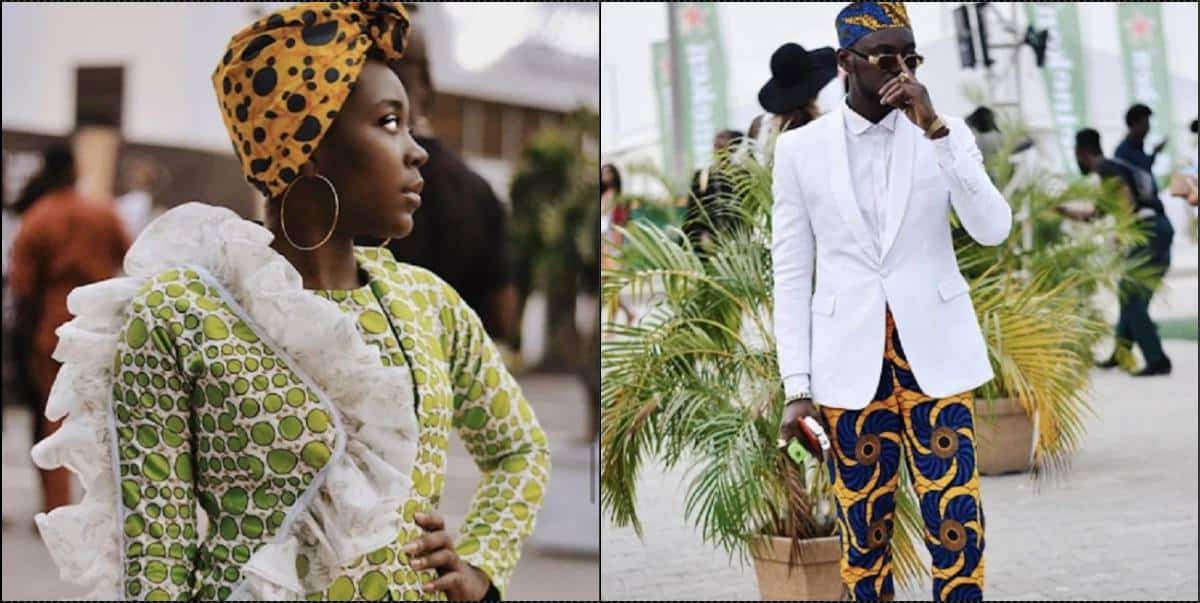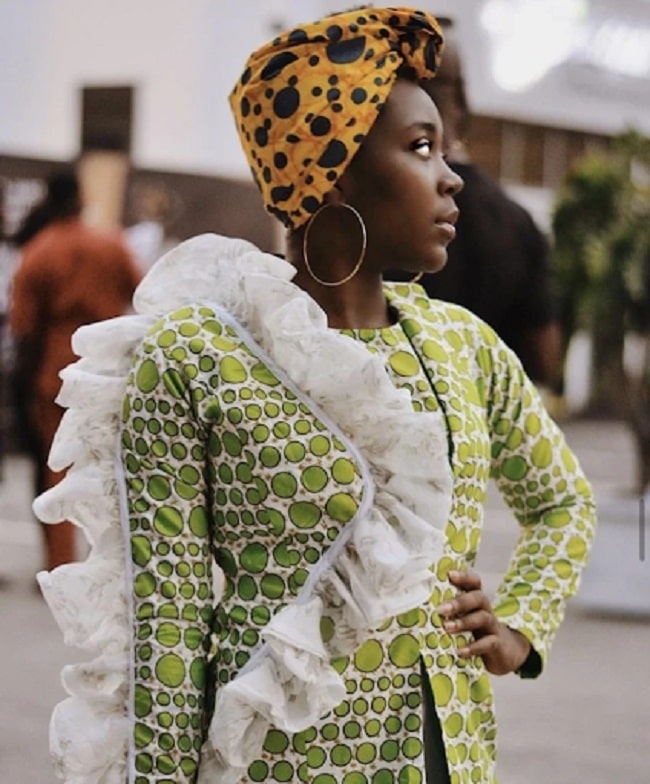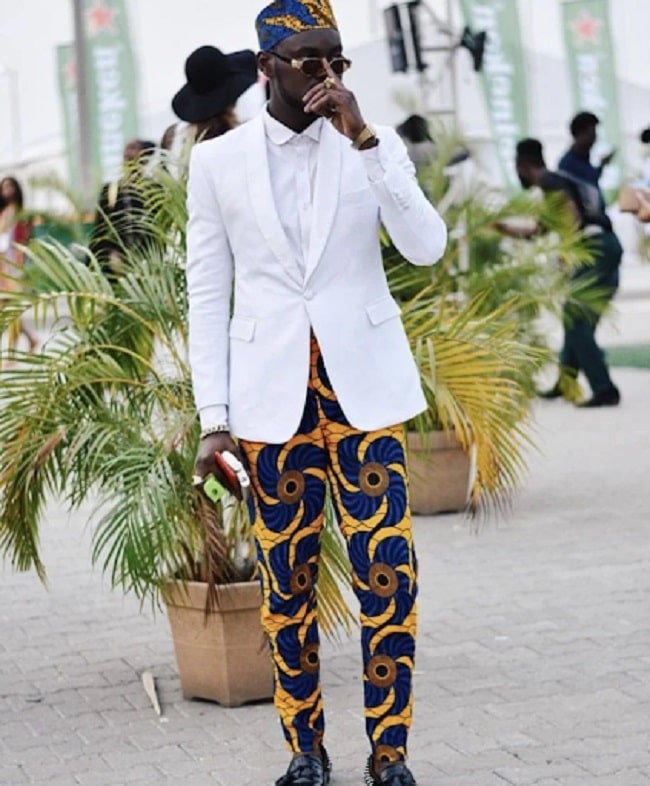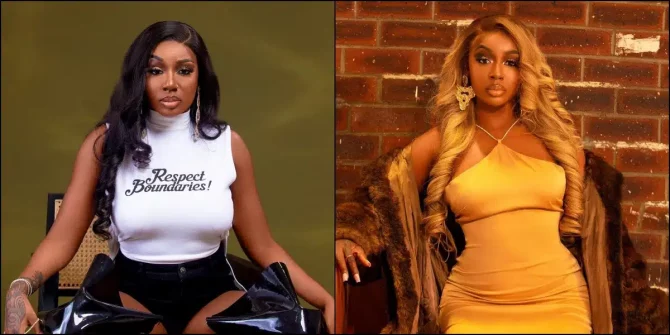
Nigerian fashion has undergone an impressive development over the past decade, becoming an indispensable player in the global fashion industry. The unique style and distinctive aesthetic approach of Nigerian designers has attracted the attention of fashion hubs across the world. In this article, we have a look at the history of Nigerian fashion and the prominent designers who have made significant contributions to the industry.

History of Nigerian fashion The history of Nigerian fashion has its roots deep in the past and is closely linked to the culture and traditions of this African country. Nigeria, with its rich multiethnic heritage, has a diversity of ethnic groups, each contributing to the fashion industry. Traditional Nigerian outfits have their own uniqueness and are an important source of inspiration for contemporary Nigerian designers. One of the most famous traditional styles is “ankara”, a vibrant and rich fabric with geometric patterns that is traditionally used to tailor outfits and accessories. Traditional outfits also include aso-okei, long tight lace dresses with dazzling embroidery and decorative elements. In the past, Nigerian fashion had a practical function, serving as clothing for various events and celebrations. However, with the passage of time, fashion became increasingly expressive and embodied each individual’s individual preferences and style.

From the middle of the 20th century, Nigerian fashion began to undergo significant changes. The development of urban centres such as Lagos and Abuja stimulated the fashion industry and created a platform for Nigerian designers to reach their potential. Today, Nigeria is an essential player in the global fashion industry. Fashion weeks and events such as Lagos Fashion Week and Arise Fashion Week attract international attention and become a platform to promote Nigerian designers and their collections. Social media and the internet have also played a significant role in the development of Nigerian fashion. Bloggers, Influencers and online platforms have provided a platform to showcase fashion trends, build personal brands and promote Nigerian fashion globally. Also, as far as online platforms are concerned, remember that bet Naija will never go out of fashion because Nigerians’ passion for sports and excitement is embedded in their DNA. Contemporary Nigerian designers are known for their innovative approaches to fashion, combining traditional elements with modern styles and trends. They experiment with materials, colours, shapes and details to create unique and distinctive collections. Nigerian fashion is also actively influencing global fashion. Renowned international brands and designers often refer to Nigerian culture and traditions in their collections, using elements of ankara, lace and other traditional fabrics. Nigerian fashion has become a symbol of cultural diversity, talent, and beauty. It continues to evolve and attract increasing attention from the global fashion industry, showing that Nigeria is not only a country with a rich heritage, but also a centre of creativity and innovation in the fashion world. Fashion today The country has become one of the leading fashion hubs on the African continent, and its influence extends far beyond the country’s borders. One of the key factors contributing to the development of the fashion industry in Nigeria is the development of urban centres such as Lagos and Abuja. These cities have become fashion capitals that host fashion shows, events, and activities that attract designers, models, buyers, and the press. Lagos Fashion Week and Arise Fashion Week are landmark events that attract the attention of international fashion experts and allow Nigerian designers to showcase their work to a global audience. The increased interest in Nigerian fashion from the international public and buyers has enabled Nigerian designers to present their collections at international fashion shows, including Fashion Week in London, Paris, and New York. This has pushed the boundaries of Nigerian fashion and allowed its talented designers to connect with the global fashion industry. It is important to note that Nigerian fashion is not only influenced from the outside, but also influences global fashion itself. Nigerian designers innovatively combine traditional elements with modern trends to create unique and elegant collections. Their use of vibrant fabrics, embroidery, geometric patterns and original silhouettes have attracted the attention and excitement of fashion centres around the world. Prominent designers Nigeria is renowned for its talented and distinguished designers, who have attracted worldwide attention with their innovative and elegant collections. Here are some of the most famous designers from Nigeria: Deola Sagoe is one of the most famous Nigerian designers, whose name has become synonymous with luxury and elegance. Her work impresses with its wealth of details, luxurious fabrics and bold silhouettes. She is renowned for her ability to combine traditional elements of Nigerian culture with contemporary style to create unique and sophisticated outfits. Lisa Folawiyo is a Nigerian designer, who became famous for her talent for using Ankara in her collections. She creates bold and striking designs, combining traditional and modern elements. Her work is known for her experiments with textures, embroidery and unique details. Mai Atafo is a renowned Nigerian menswear designer whose collections reflect style, elegance, and innovation. He is known for his bold combinations of traditional and modern masculine style. His outfits are characterised by impeccable tailoring, attention to detail and use of high quality materials. Lanre Da Silva Ajayi is a renowned Nigerian designer who creates sophisticated and elegant collections. Her designs are inspired by traditional Nigerian outfits and feature luxurious fabrics, hand embroidery and unique details. She is renowned for her talent for combining classic style with modern elements to create a unique look.





